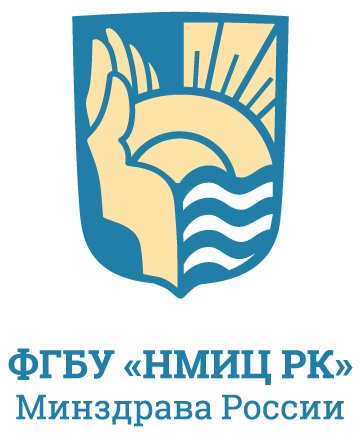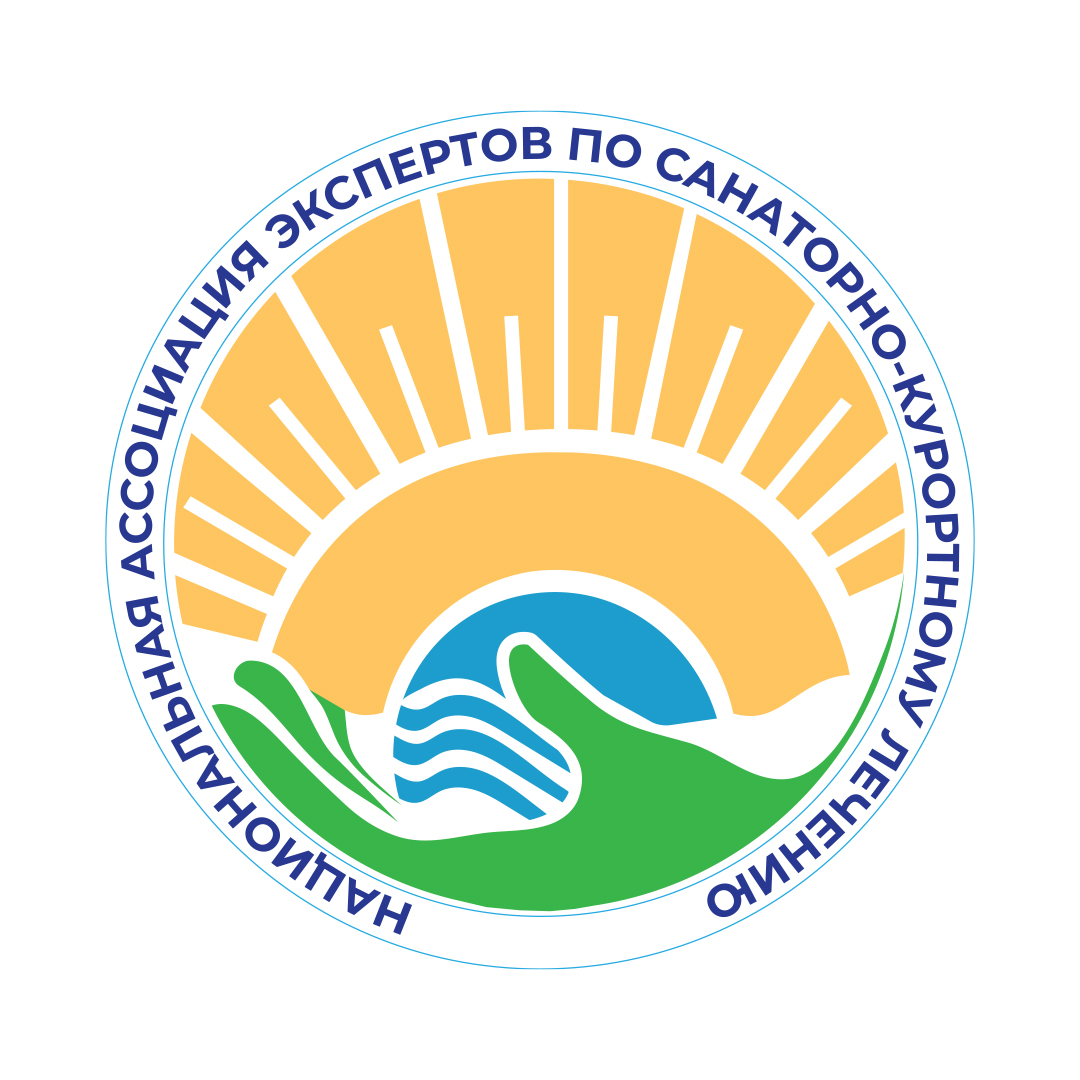Issue 5-99, 2020
Review article
Medical Rehabilitation Through the Prism of Legally Approved Definitions
1,4 ![]() Kochubey A.V., 2
Kochubey A.V., 2 ![]() Chernyakhovsky O.B., 2 Salamadina G.E., 3
Chernyakhovsky O.B., 2 Salamadina G.E., 3 ![]() Kochubey V.V., 1
Kochubey V.V., 1 ![]() Burtsev A.K.
Burtsev A.K.
1 Federal Scientific and Clinical Center for Specialized Medical Assistance and Medical Technologies, Moscow, Russian Federation
2 National Medical Research Center of Rehabilitation and Balneology, Moscow, Russian Federation
3 Moscow State University of Medicine and Dentistry, Moscow, Russian Federation
4 Central State Medical Academy of Department of Presidential Affairs, Moscow, Russian Federation
ABSTRACT
As part of the analytical review of the Federal Law “On the Basics of Protecting Health of Citizens in the Russian Federation”, an attempt was made to distinguish the conceptual independence of medical rehabilitation among categories such as medical care and treatment. The analysis showed that the definition of “treatment” indicates the same goal as for the hierarchically higher category “medical care”. For this reason, the definition of treatment meets the goal of another hierarchically equal category of “medical rehabilitation”. The absence of the ideological difference between the concepts of “treatment” and “medical rehabilitation” raises doubts about the independence of the latter term.
The approved definitions of other hierarchically equal categories “prevention”, “diagnostics”, “medical rehabilitation” have their own independent target orientation, cascading with the purpose of providing medical care. Due to the identity of “treatment” and “medical rehabilitation” terms it is impossible to divide them according to objects or methods of exposure. Within the framework of the fixed concepts, treatment and rehabilitation impacts the same objects: structures, functions, and categories of life. There are no differences in the methods of exposure during treatment and medical rehabilitation, i.e. between medical interventions and interventions of a medico-psychological nature, whereas the current definition of “medical intervention” includes manipulations performed by a non-medical professional, concerning persons’ physical or mental state and having the rehabilitation focus. Dividing the concepts of “treatment” and “medical rehabilitation” by subjects responsible for achieving the goal is not enough to distinguish the category of “treatment”. The independence of this category could be emphasized by narrowing the definition of treatment, defining its purpose solely as “elimination or relief of the disease or condition manifestations”. Such a concept meets the boundaries of medical care goal, but refers only to its part, it has its own hierarchy level in the medical care compounds, but it does not occupy the area of “medical rehabilitation” and other hierarchically equal categories.
KEYWORDS: medical rehabilitation, medical care, independence of medical rehabilitation
FOR CITATION: Kochubey A.V., Chernyakhovsky O.B., Salamadina G.E., Kochubey V.V., Burtsev A.K. Medical Rehabilitation through the Prism of Legally Approved Definitions. Bulletin of Rehabilitation Medicine. 2020; 5 (99): 19–25. https://doi.org/10.38025/2078-1962-2020-99-5-19-25
References:
- Pava-Ripoll N. A., Granada-Echeverry P. The emergence of medical professions of [re]habilitation and childhood: a history intertwined with theoretical tensions. Cien Saude Colet. 2016; 21 (3): 833-842. DOI:10.1590/1413-81232015213.20162014
- Conti A. A. Western medical rehabilitation through time: a historical and epistemological review. Scientific World Journal. 2014: 2014: 432506. DOI:10.1155/2014/432506
- Gutenbrunner C., Lemoine F., Yelnik A. et al. The field of competence of the specialist in physical and rehabilitation medicine (PRM). Annals of Physical and Rehabilitation Medicine. 2011; 54 (5): 298-318. DOI:10.1016/j.rehab.2011.05.001
- De Korvin G., Delarque A. Physical and rehabilitation medicine section and board of the European Union of Medical Specialists. Community context; history of European medical organizations; actions under way. Annals of Physical and Rehabilitation Medicine. 2009; 52 (7-8): 594-607. DOI:10.1016/j. rehab.2009.06.006
- Sigida E. A., Lukyanova I. E., Sukhanov V. G. Problemy reabilitacii: social’nyj i medicinskij aspekty. [Problems of rehabilitation: social and medical aspects]. Teoriya i tekhnologii social’noj raboty. 2006; (4): 54-61 (In Russ.).
- Nechaev V. S., Magomedova Z. A. Medicinskaja reabilitacija: istorija voprosa i definicii [The Medical Rehabilitation: History and Definitions]. Problemy Sotsialnoi Gigieny Zdravookhranenniiai Istorii Medicini. 2017; 25 (4): 221-225. DOI:10.1016/0869-866X-2017-25-4-221-225 (In Russ.)
- WHO. Newsletters. Available at: https://www.who.int/ru/news-room/fact-sheets/detail/rehabilitation
- Prevention vs. Treatment Behavioral Health Continuum of Care Model. The Wyoming Department of Health website. Available at: https://health.wyo. gov/publichealth/prevention/substanceabuseandsuicide/what-is-prevention/prevention-vs-treatment
- Ivanova G. E., Mel’nikova E. V., Shamalov N. A., Bodrova R. A., Shmonin A. A., Suvorov A. Y., Nyrkov G. V., Tulupov D. O. Ispol’zovanie MKF i ocenochnyh shkal v medicinskoj reabilitacii. [Use of ICF and grading scales in medical rehabilitation]. Bulletin of Rehabilitation Medicine. 2018; 3 (85): 14-20 (In Russ.).
- Yunusov F. A., Kochoubey A. V. Integracija instrumentov Mezhdunarodnoj klassifikacii funkcionirovanija, ogranichenija zhiznedejatel’nosti i zdorov’ja i sovremennoj modeli reabilitacionnogo processa. [Integration of instruments of the International Classification of Functioning, Disability and Health and a modern model of the rehabilitation process] Nevrologicheskij vestnik. ZHurnal im. V. M. Bekhtereva. 2009; 4 (41): 22-26 (In Russ.).
- Shmonin A. A., Maltseva M. N., Melnikova E. V., Ivanova G. E. Bazovye principy medicinskoj reabilitacii, reabilitacionnyj diagnoz v kategorijah MKF i re-abilitacionnyj plan [Basic principles of medical rehabilitation, rehabilitation diagnosis in the ICF categories and rehabilitation plan] Bulletin of Rehabilitation Medicine. 2017; 2 (78): 16-22 (In Russ.).
- Ivanova G. E., Mel’nikova E. V., SHmonin A. A. et al. Primenenie mezhdunarodnoj klassifikacii funkcionirovanija v processe medicinskoj reabilitacii [Application of the international classification of functioning in the process of medical rehabilitation] Bulletin of Rehabilitation Medicine. 2018; 6 (88): 2-77 (In Russ.).
- Ryan G. What Are the Main Types of Physical Rehabilitation? Sheltering arms website Available at: https://www.shelteringarms.com/physical-rehabili-tation-vs-therapy/
- Castin M., Behrens A., Lyon S. OT vs. PT vs. SLP: Your Rehab Therapy Team Explained? OT Potential Club website Available at: https://otpotential.com/oc-cupationaltherapy-vs-physicaltherapy-vs-speechtherapy
- Ivanova G. E., Trukhanov A. I. Global’nye perspektivy razvitija medicinskoj reabilitacii [Global prospects for the development of medical rehabilitation]. Bulletin of Rehabilitation Medicine. 2017; 6 (82): 2-6 (In Russ.).
- Ivanova G. E., Melnikova E. V., Belkin A. A. et al. Kak organizovat’ medicinskuju reabilitaciju? [How to organize medical rehabilitation?]. Bulletin of Rehabilitation Medicine. 2018; 2 (84): 2-12 (In Russ.).
- Wallesch C. W., Lautenschlager S. Fruhrehabilitation und Rehabilitation im Krankenhaus [In-patient (early) rehabilitation]. Bundesgesundheitsblatt Ge-sundheitsforschung Gesundheitsschutz. 2017; 60 (4): 419-426. DOI:10.1007/s00103-017-2522-0 (In Germ.).
- Galizia G., Balestrieri G., De Maria B. et al. Role of rehabilitation in the elderly after an acute event: insights from a real-life prospective study in the subacute care setting. European Journal of Physical and Rehabilitation Medicine. 2018; 54 (6): 934-938. DOI:10.23736/S1973-9087.18.05221-8
- Pils K. Aspects of physical medicine and rehabilitation in geriatrics. Wiener Medizinische Wochenschrift. 2016; 166 (1-2): 44-47. DOI:10.1007/s10354-015-0420-3
- Leniger T., HeBling A. Die Medizinisch-beruflich orientierte Rehabilitation (MBOR) in der Neurologie erfordert eine individualisierte Rehabilitanden-identifikation [Work-related medical rehabilitation (WMR) in Neurology requires individualised rehabilitant identification]. Fortschritte der Neurologie Psychiatrie. 2019; 87 (2): 92-102. DOI:10.1055/a-0695-9074 (In Germ.).
- Koch-Gromus U., Bengel J., Wallesch C. Neue Herausforderungen fur die Medizinische Rehabilitation. [New challenges for medical rehabilitation]. Bundesgesundheitsblatt Gesundheitsforschung Gesundheitsschutz. 2017; 60 (4): 365-367. DOI:10.1007/s00103-017-2539-4 (In Germ.).
- Linden M., Bernert S., Funke A. et al. Medizinische Rehabilitation unter einer Lifespan-Perspektive. [Medical rehabilitation from a lifespan perspective]. Bundesgesundheitsblatt Gesundheitsforschung Gesundheitsschutz. 2017; 60 (4): 445-452. DOI:10.1007/s00103-017-2520-2 (In Germ.).
- Buschmann-Steinhage R. Trends in der medizinischen Rehabilitation. [Trends in Medical Rehabilitation: Supply Structure and Target Groups]. Bundesge-sundheitsblatt Gesundheitsforschung Gesundheitsschutz. 2017; 60 (4):368-377. DOI:10.1007/s00103-017-2513-1 (In Germ.).
- Deck R., Hofreuter-Gatgens K. Soziale Ungleichheit in der medizinischen Rehabilitation. [Social inequality in medical rehabilitation]. Bundesgesundheits-blatt Gesundheitsforschung Gesundheitsschutz. 2016; 59 (2): 245-251. DOI:10.1007/s00103-015-2284-5 (In Germ.).
- Gimigliano F., Negrini S. The World Health Organization “Rehabilitation 2030: a call for action”. European Journal of Physical and Rehabilitation Medicine. 2017; 53 (2): 155-168. DOI:10.23736/S1973-9087.17.04746-3
- Gutenbrunner C., Bickenbach J., Melvin J., Lains J., Nugraha B. Strengthening health-related rehabilitation services at national levels. Journal of Rehabilitation Medicine. 2018; 50 (4): 317-325. DOI:10.2340/16501977-2217

The content is available under the Creative Commons Attribution 4.0 License.
©
This is an open article under the CC BY 4.0 license. Published by the National Medical Research Center for Rehabilitation and Balneology.




